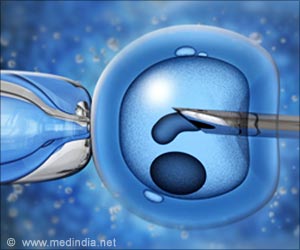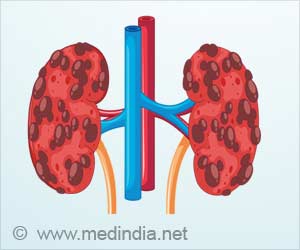Conceivable is a subscription-based service that takes into account potential causes for the inability to conceive a baby, and also helps you address them.

"Many women do not realize that if they have a short cycle, 26 days or less, they have a 50% less likelihood of conceiving compared with women who have longer cycles," said Kirsten Karchmer, founder and CEO of the app. "In Conceivable, there are some 50 similar factors that are taken into account in order to build its customized program. But the program does not stop at identifying the potential causes; it also offers strategies to help address them," she added.
Before developing the app, Karchmer ran the Texas center for reproductive acupuncture, a large fertility wellness clinic in the US. At the clinic, the program was used with 7,000 couples and nearly half of them got pregnant. Conceivable will offer its customers personalized meal plans, recipes and shopping lists to aid with their nutritional changes.
It will also provide mind and body exercises, stress management plans, lifestyle recommendations and proprietary blends of herbal supplements. Using adaptive learning software, the service is designed to improve and optimize over time, adjusting itself to the user’s progress and data input. The app, initially available on iOS devices, charges $199 per month for access to its service.
Source-IANS















